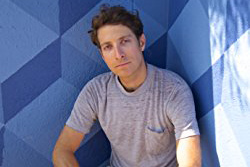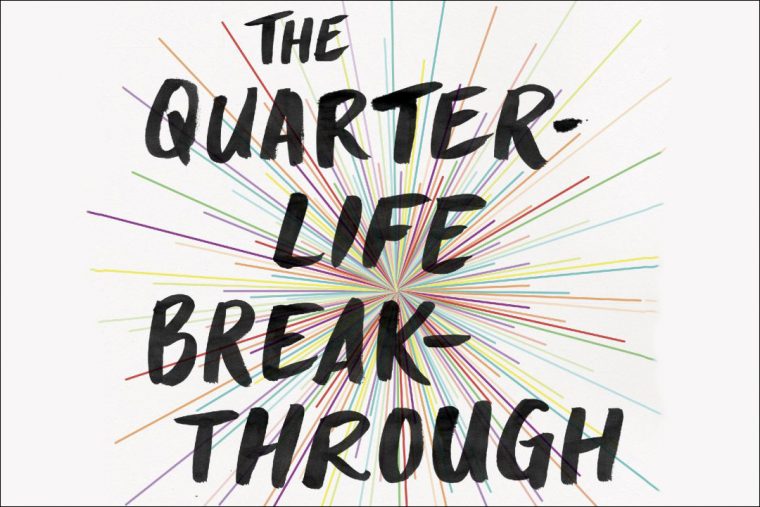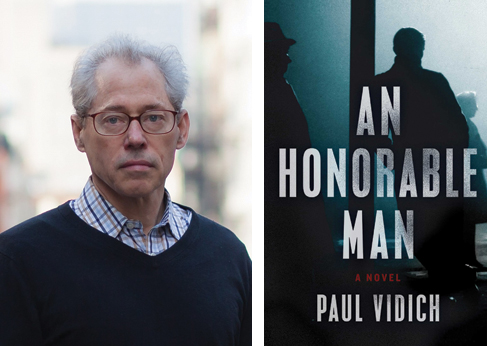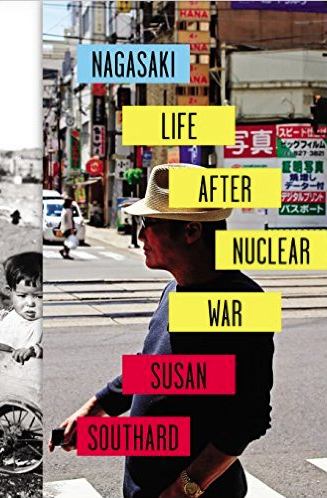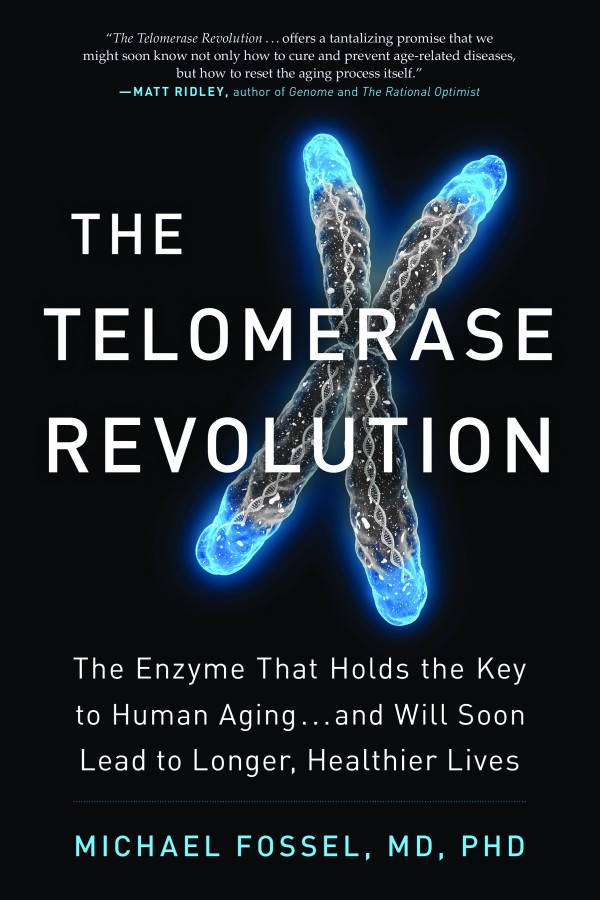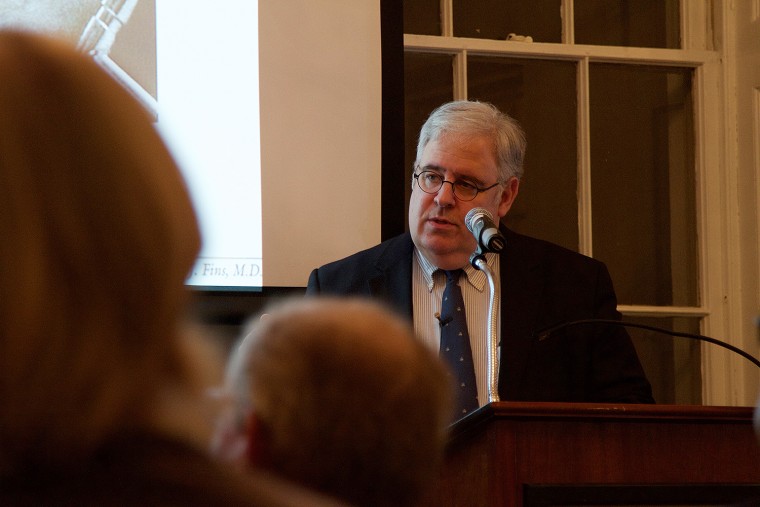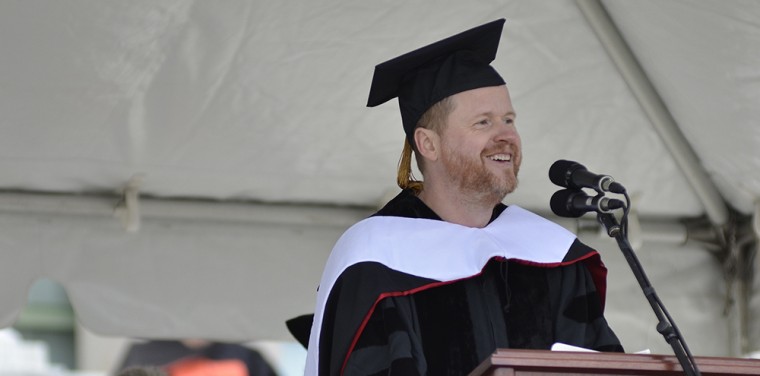In The Ones, Daniel Sweren-Becker ’06 creates a vision of a not-so-distant future world in which a random group of babies is chosen each year to be the smartest, best looking, most athletic members of society. “The Ones,” as they are called, short for the chosen ones, enjoy the privilege of membership in this exclusive group during the genetic engineering program’s 20-year history until a society-wide backlash marginalizes their status and threatens to even outlaw their existence. Sweren-Becker’s fast-paced YA novel follows two of The Ones (or are they?): 17-year-old Cody and her boyfriend, James, who are forced to decide…
Author Adam “Smiley” Poswolsky ’05 talks to News @ Wes about his new book, The Quarter-Life Breakthrough: Invent Your Own Path, Find Meaningful Work, and Build a Life That Matters.
The article in Poets and Writers begins, "From the National Book Foundation’s 5 Under 35 program to the New Yorker’s 20 Under 40 list, many organizations make a point of recognizing young, gifted authors at the start of their literary careers. In the November/December 2016 issue of Poets & Writers magazine, we feature five debut authors over the age of 50 ... whose first books came out this past year, and who stand as living proof that it’s never too late to start your literary journey." Highlighted here was Paul Vidich ’72, whose first book, "An Honorable Man" was published in…
Wesleyan University, 1910-1970: Academic Ambition and Middle-Class America, by David Potts ’60 is the winner of the 2016 Homer D. Babbidge Jr. Award “for the best study of a significant aspect of Connecticut history.” The book, published by Wesleyan University Press in 2015, has received critical acclaim from a variety of sources including, History of Education Quarterly and Connecticut History Review. Reviews in American History states, “Wesleyan University, 1910-1970 is one of the strongest institutional histories of an American college or university and covers in vivid detail every conceivable aspect of the institution, from finances and board priorities, to professors’ abilities and student…
Seth Lerer ’76, literary critic and Distinguished Professor of Literature at the University of California at San Diego, spoke to Slate.com on the complex history of children’s literature. “The earliest kids books…were largely designed to teach moral behavior,” he said. "They were about social decorum and a particular way of being a child, especially in relation to parents and teachers. Some children’s books—many of the early medieval romances, for instance—had an adventure quality to them, but always a moral and spiritual quality too.” He also observed the increasing focus on young women in today’s literature. “When you look at the…
Carolyn Parkhurst (Rosser) ’92 is the author of the new novel Harmony (Pamela Dorman Books, Viking), in which a mother does everything she can to save her family. The Hammond family’s seemingly normal life is disrupted when oldest daughter Tilly shows signs of abnormal development. Her social behavior is considered undiagnosable and she is asked to leave the last school in Washington, D.C. that will have her. To help Tilly, the Hammonds move to Camp Harmony in the New Hampshire woods, seeking the guidance of a child behavior expert Scott Bean and testing the bonds of the family. Parkhurst expertly…
Jeremy Arnold ’91, author, film historian and longtime contributor to Turner Classic Movies (TCM) is the author of The Essentials: 52 Must-See Movies and Why They Matter, recently published in collaboration with Running Press and Turner Classic Movies. A graduate of the Film Studies Department at Wesleyan, Arnold credits Professor Jeanine Basinger as instrumental in his work, both researching and writing the book. “I took five courses with Professor Basinger and she was the best teacher I ever had. She remains a close friend to this day,” he said. The book serves as a companion to TCM's weekly on-air “Essentials” series, hosted by…
Nagasaki: Life after Nuclear War, by Susan Southard '78, has been awarded the J. Anthony Lukas Book Prize, administered by the Columbia University School of Journalism and Harvard University’s Nieman Foundation for Journalism. One of three annual Lukas Prizes honoring the best in American nonfiction writing, the Book Prize is given to a book exemplifying "the literary grace, commitment to serious research, and the social concern that characterized the distinguished work of the award's namesake, J. Anthony Lukas." The prize comes with a $10,000 award. "I couldn't be more honored that Nagasaki: Life after Nuclear War has been included among the remarkable books…
The latest book by Michael Fossel '73, The Telomerase Revolution: The Enzyme That Holds the Key to Human Aging . . . and Will Soon Lead to Longer, Healthier Lives, published by BenBella Books, was recently selected as one of the Best Books for Science Lovers in 2015 by the Wall Street Journal. Fossel has been writing about the telomerase theory of aging for 20 years and is considered the foremost expert on the clinical use of telomerase for age-related diseases. “As a doctor, my emphasis has always been on clinical results,” says Fossel in his introduction. “Understanding the nature of aging…
Every year we review dozens of books and publish several author essays, and a book excerpt or two, by Wesleyan alumni in the pages of Wesleyan magazine. With the holidays upon us, 'tis the season to take another look at just a handful of the many selections made by Wesleyan magazine Arts and Culture Editor David Low this year. Happy reading! (more…)
Read more about the discussion in this Wesleyan Argus article and more about his book in this Q&A, below: Q: What motivated you to write the book? A: I wrote it to give voice to patients and families touched by severe brain injury and chose this genre because it was a complex interdisciplinary problem that needed a broader frame than that afforded by the typical truncated article in a medical journal. Rights Come to Mind is a story that straddles the sciences and the humanities and fundamentally is a question of how scientific advance compels us to change our views about ethics…
Award-winning film and television director, producer and writer Joss Whedon ’87 is the subject of the informative and entertaining Joss Whedon: The Biography (Chicago Review Press) by Amy Pascale, a director at MTV. The book begins by tracing Whedon’s growth from a creative child and teenager who spent years away from his family at an elite English boarding school (Winchester College in Hampshire), through his early successes—which often turned into frustration in television (Roseanne) and film (Buffy the Vampire Slayer). The biography then covers his breakout career turn as the creator, writer, and director of the highly successful Buffy television series, which…


